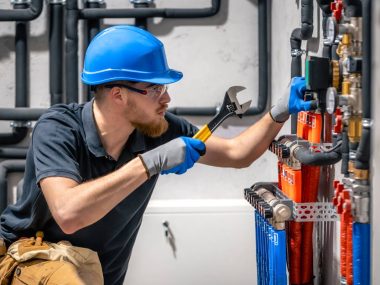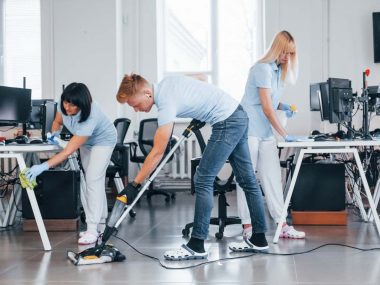Working in confined spaces can present unique challenges and hazards that require highly specialised training and knowledge in order to succeed and indeed remain safe.
In this blog post, we’re going to look closer at the role of a confined space worker, provide examples of confined space working environments, discuss the necessary training for this type of work (and what such a course typically involves), and evaluate the benefits of completing such training before applying for a job.
Ready? Let’s get stuck in…
What is a Confined Space Worker?
A confined space worker is an individual who performs tasks or duties in areas that have limited access, restricted entry or exit points, and potentially hazardous conditions.
These workers may be employed in a variety of industries, including construction, manufacturing, utilities, oil and gas, and emergency services.
Again, confined space workers must have the necessary training and qualifications to identify and mitigate the risks associated with working in such environments.
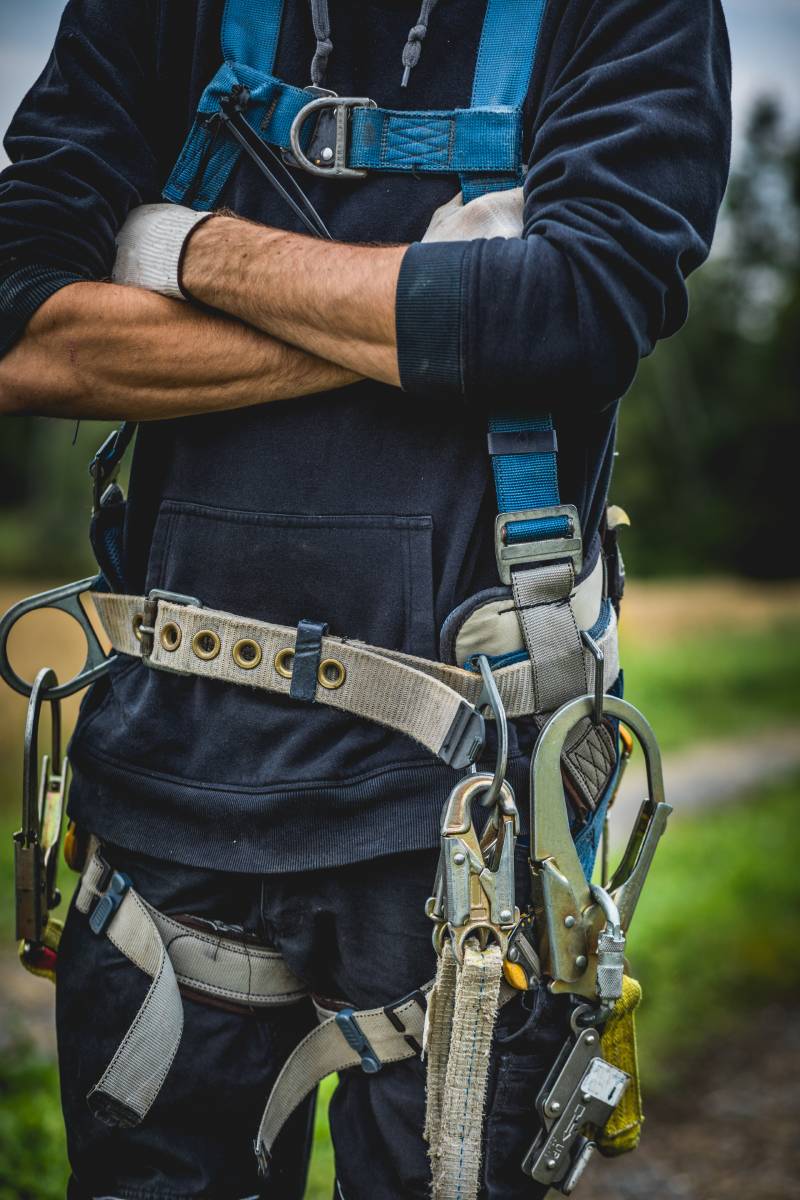
Examples of Confined Space Work:
- Tanks and vessels
- Silos and bins
- Sewers and manholes
- Tunnels and underground structures
- Boilers and utility vaults
- Pipelines and ducts
- Storage tanks and pits
What Training Do You Need to Work in Confined Spaces?
So, what sort of training does one need to properly qualify for working in confined spaces? Here are a few examples of what a confined spaces skill set looks like:
- Confined Space Entry Training: This training provides an understanding of confined space hazards, risk assessment, control measures, and safe entry and exit procedures.
- Gas Testing and Monitoring: Training in gas testing and monitoring arms workers with the skills to identify and measure potentially hazardous gases or substances in confined spaces.
- Breathing Apparatus Training: This training focuses on the proper selection, use, and maintenance of breathing apparatus in oxygen-deficient or toxic atmospheres.
- Emergency Response Training: Workers should receive training on emergency response procedures, including rescue techniques and first aid in confined spaces.
- Industry-Specific Training: Certain industries may require additional training to address specialised hazards or regulations specific to their confined space work environments.
- Personal fitness: While technically not “training”, staying disciplined and maintaining a strong and healthy physique with a solid lung capacity will serve you well in this industry.
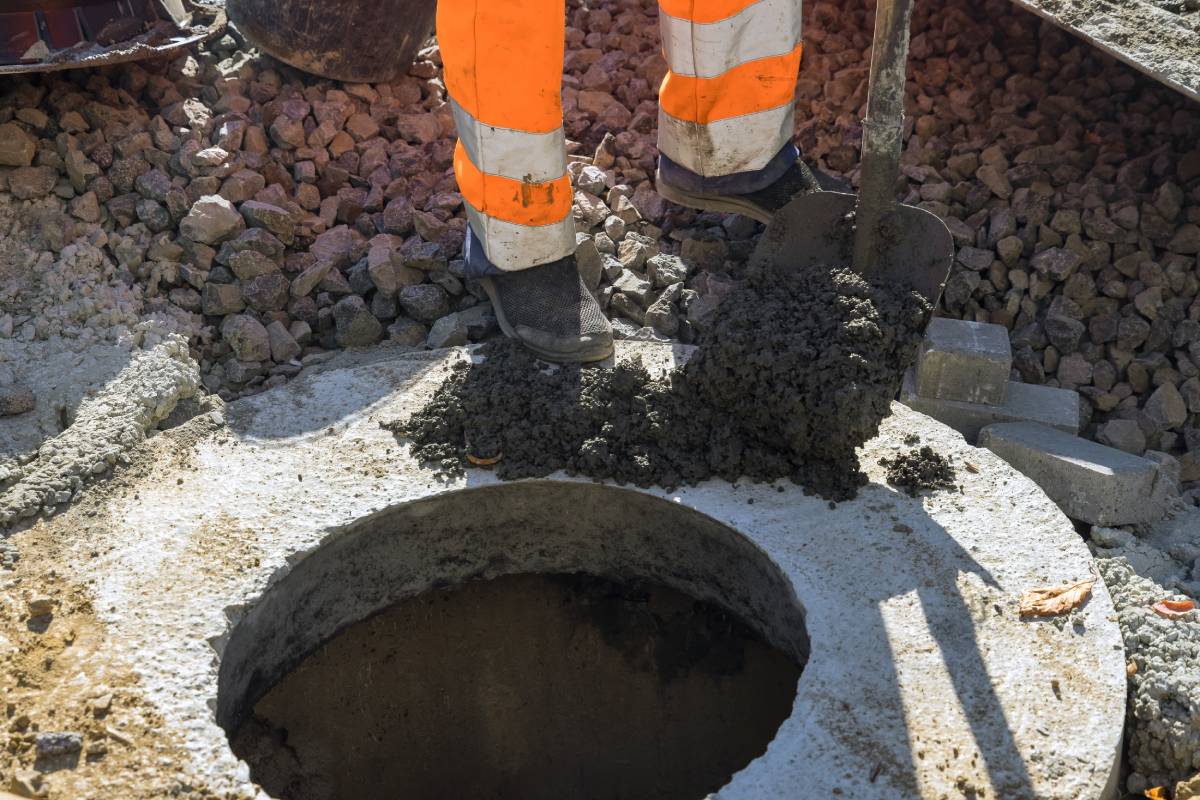
What Would a Typical ‘Working in Confined Spaces’ Course Involve?
Now, what does a typical training course dedicated to working in confined spaces involve? A comprehensive “working in confined spaces” course would typically cover the following topics:
- Definition and identification of confined spaces
- Understanding confined space hazards and associated risks
- Legislation and regulations related to confined space work
- Risk assessment and hazard control measures
- Safe entry and exit procedures
- Gas testing and monitoring procedures
- Proper use of personal protective equipment (PPE)
- Emergency response and rescue techniques
- Case studies and real-life scenarios to illustrate concepts
- Practical exercises to reinforce learning and develop skills
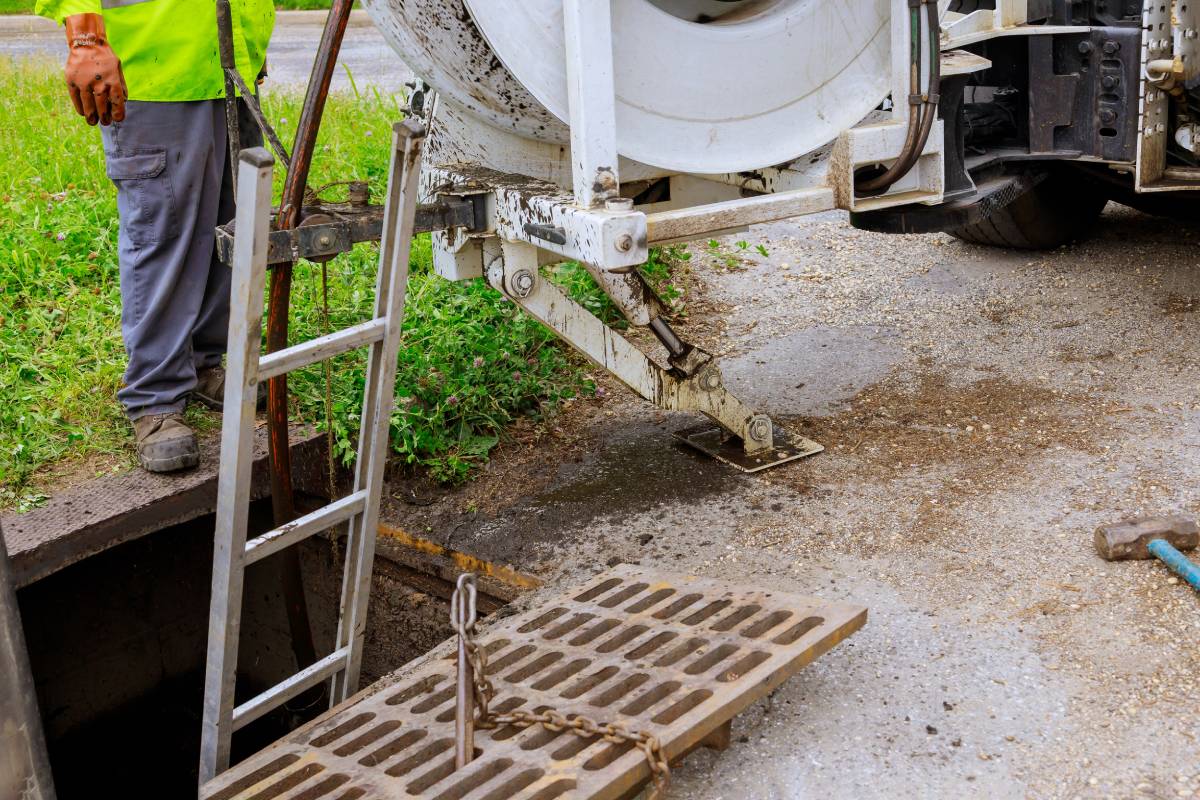
Is It Worth Doing a ‘Working in Confined Spaces’ Training Course Before Applying for a Job?
So, is it worth doing a ‘working in confined spaces’ training course before applying for a job? The answer is a resounding yes; it is highly recommended to complete a ‘working in confined spaces’ training course before applying for a job in this field. Here’s why:
- Safety: The training equips you with the knowledge to recognise and mitigate potential hazards, ensuring your safety and the safety of others.
- Legal compliance: Many countries have specific regulations governing confined space work. Completing the training helps you comply with legal requirements and avoid penalties.
- Employment opportunities: Having the necessary training and qualifications in advance enhances your employability, as employers prioritise candidates who already possess the skills and knowledge to work safely in confined spaces. While you can certainly find opportunities to learn these skills on the job, it is better to earn them in advance if you are serious about getting a good job in this field.
- Reduced risk: By completing the training, you demonstrate a commitment to safety, which can reduce the risk of accidents, injuries, and fatalities in the workplace.
- Confidence and competence: Training provides you with the confidence and competence to handle the challenges of confined space work effectively, contributing to your professional growth and development.
- To get a feel for it: Finally, seeking the appropriate training in advance will give you an opportunity to see if working in confined spaces is indeed the kind of career opportunity you would like to pursue.
Conclusion
In conclusion, working in confined spaces requires specialised training and awareness of the potential hazards involved.
A confined space worker performs tasks in areas with limited access and potentially dangerous conditions.
By completing a ‘working in confined spaces’ training course, you will be able to develop the necessary skills, knowledge, and safety protocols required to thrive in this industry.
The training covers various aspects, including:
- Hazard identification,
- Risk assessment,
- Emergency response,
- And safe entry and exit procedures.
Undertaking this training before applying for a job in confined spaces demonstrates your commitment to safety, enhances your employability, and equips you with the skills needed to work effectively in these challenging environments.
Remember, investing in the right training is crucial to ensure your personal safety and contribute to a safer working environment for all those working beside you.
We understand the desire to try and find employment before investing in the appropriate training – especially if your new employer can foot the cost of the training on your behalf. However, in such a competitive industry with many other candidates applying for the same job – some of which who are likely to have significant experience already – it’s always worth going the extra mile to obtain the appropriate skills in advance.
Either way, we wish you the very best of luck with your future career.

